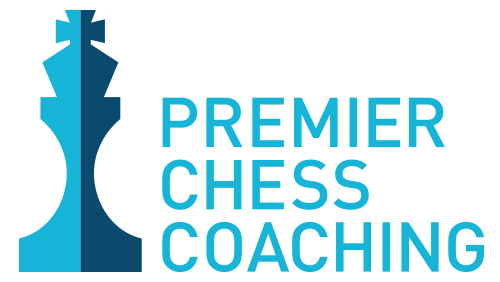Understanding chess analysis as a beginner will be the best thing to accelerate your improvement. Reviewing games critically is the best way to improve, and it’s a skill that is used from beginner to GM. Starting out, it’s important to focus on making analysis as easy as possible for yourself, so you don’t get bogged down and bored by it. Here are a few tips to sharpen your chess analysis skills.
Identifying Critical Positions
A critical position is a point in a game at which some pivotal change took place. It could be a big blunder, a missed opportunity, or a swing of momentum. Simply identifying these moments in a game will help your analysis in the long term. Once you get the hang of looking back at a game and seeing these moments, your analysis will be much faster and smoother.
If you’re having trouble spotting these moments in a game, talk to your chess coach or opponent about it. Ask them what they think the key moment of a game was. It helps to approach this problem from multiple perspectives. Soon you will internalize these things and be able to see key moments while playing a game!
Finding the Cause of a Mistake
You’ll find that chess analysis is an exercise full of mistakes. As humans we’re predisposed to negativity bias, so naturally your analysis will probably follow this pattern. The real pitfall here isn’t identifying many mistakes, it’s stopping there. We need to dive deeper, and understand why a mistake has been made.
Jot down missteps in your games, and see if you see a pattern. Maybe you’re always misplaying the opening, or your blunders are concentrated in the later stages of the game. Whatever the mistakes are, finding a pattern is very valuable. It can give you some great insight as to why your mistakes were made, and what you need to be focusing on.
Missed Opportunities
Try to make sure your chess analysis includes opportunities you missed. We all kick ourselves after making a move, when we notice an opportunity we did not capitalize on. When you have a set of missed opportunities identified, see if you can find a pattern. You may find that a certain play you make consistently is what opens up the opportunity. Better yet, considering missed opportunities like this will help you see these opportunities in the future. The more we analyze what an opportunity looks like, the more we’re prepared when one arrives.
Chess analysis is one of the most important tools to master. In the early stages of your chess journey, being surrounded by the right people to help you is very important. Getting their perspectives is how you will grow your own! We host amazing group chess lessons, as well as private coaching, and even chess clubs. These are great opportunities for our students to explore chess analysis with other players. Join our next lesson by contacting us here!


